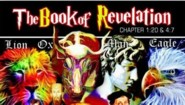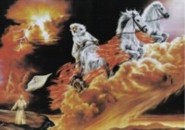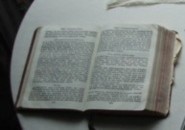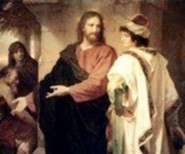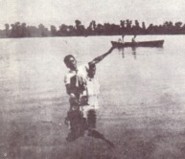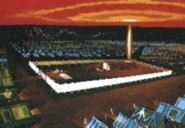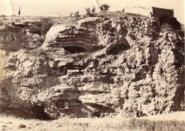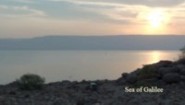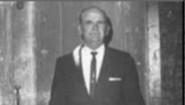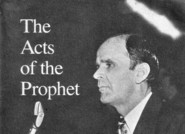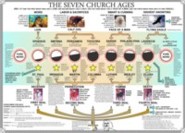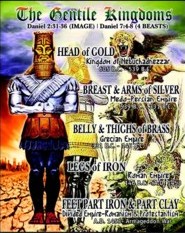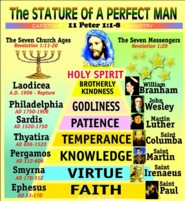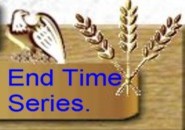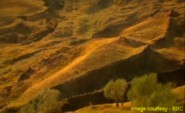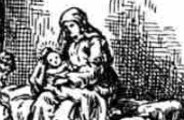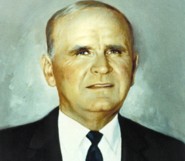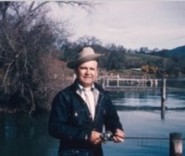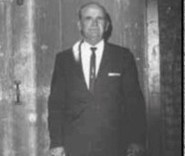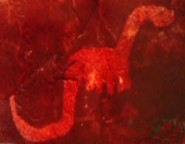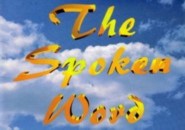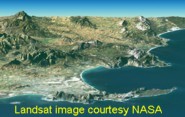The Forerunners.
The Forerunners.
Pearry Green.St John records in chapter 1:19-21 the following interesting discourse between John the Baptist and certain priestly men:
And this is the record of John, when the Jews sent priests and Levites from Jerusalem to ask him, Who art thou? And he confessed, and denied not; but confessed, I am not the Christ. And they asked him, What then? Art thou Elias? And he saith, I am not. Art thou that prophet? And he answered, No.
These priests and Levites saw that everything about John was different - his message of repentance, his clothing of camel skin, even his diet of locusts and wild honey. They observed that he did not come down to the Temple to preach, yet his ministry was outstandingly effective. Puzzled by this strange man of the wilderness, they sought an answer; hence the question “are you Elias ?” The last great prophet these people knew of was Malachi, whose message had rung out some four hundred years before. These religious Jews were well acquainted with Malachi 4:5, and they thought that John was the fullfillment of this portion of that prophecy...
"Behold I will send you Elijah the prophet, before the coming of the great and dreadful day of the Lord."
But when asked if he were that prophet, he clearly stated “No”. Then they they thought that John might be the fullfillment of Deuteronomy 18 where Moses had had said that there would be a prophet sent to them “like unto” Moses himself. The mystery deepened as John gave a flat denial to this question. Well, John denied being the prophet to “restore all things”; now he denies being the “prophet like unto Moses”. Who indeed was he ? Not fully understanding the scriptures the religious leaders asked him if he were "the anointed one" - the Messiah ?. To this question he answered “yes” and “no”, “yes” he was anointed of God and “no”, he was not “the” anointed one. Finally, in their spiritual blindness, the priests and Levites asked him “Who art thou ?” Without hesitation John the Baptist (in St John 1:23) identified himself in the Scriptures, pointing them to a prophecy they had overlooked in Isaiah 40:3, saying
"I am the voice of one crying in the wilderness."
Was John testifying of himself ? No. John was testifying of the Scriptures and the Scriptures testified of him. He was the perfect fullfillment of that Scripture.
Now Isaiah had said (Isaiah 40:3) that one would come crying as a voice in the wilderness. John the Baptist was that “voice.” Also, Malachi 3:1 states,
“Behold I will send my messenger, and he shall prepare the way before me: and the Lord, who ye seek, shall suddenly come to His Temple, even the messenger of the covenant, whom ye delight in: behold he shall come, saith the Lord of Hosts.”
Again, John the Baptist was that messenger who was sent to forerun, before the Lord would suddenly come to His Temple. John, by the Scriptures knew who he was and what his ministry would do ? But would we have known who he was?
----
Now, let’s see how Jesus identified John the Baptist. In revealing himself as the Son of Man, he also placed John’s ministry in the Word. Matthew 17:9-13 records the following conversation which Jesus had with the disciples concerning the Elijah ministry of Malachi’s 4:5 prophecy, and the ministry of John the Baptist. In this portion of Scripture Jesus identifies a future Elijah type ministry to restore all things and then he identifies John the Baptist as the Elijah of the First coming of Christ.And as they came down from the mountain, Jesus charged them, saying, Tell the vision to no man, until the Son of man be risen again from the dead. And his disciples asked him, saying, Why then say the scribes that Elias must first come? And Jesus answered and said unto them, Elias truly shall first come, and restore all things. But I say unto you, That Elias is come already, and they knew him not, but have done unto him whatsoever they listed. Likewise shall also the Son of man suffer of them. Then the disciples understood that he spake unto them of John the Baptist.
John the Baptist, then, was indeed a man with the spirit of Elias, forerunning the first coming of the Lord Jesus Christ. But he was NOT “that Elijah” to restore all things. Yet the most religious people of the day, the Scribes and Pharisees, though they looked for a Messiah, didn’t recognise Him, or His forerunner. Jesus confirmed that they didn’t testifying that it is possible for God’s sending of a mighty man to go unnoticed by even the religious people of the world. But if John was the forerunner, then it must have been necessary to recognise him as a forerunner, or God would have sent him in vain. Failure to recognise the “forerunner” leads to a failure to recognise WHO and WHAT he foreruns. Even in the theological seminaries, it is taught that John was the forerunner, but the reason for such a forerunner has been lost in their teachings. The conditions of the age required that a “forerunner” come to “prepare” the people to receive what God had promised.
From "The Acts of the Prophet."
Read the full account in "The Acts of the Prophet" - Pearry Green.
by Pearry Green
Behold I will send you Elijah the prophet before the coming of the great and dreadful day of the Lord:
And he shall turn the heart of the fathers to the children, and the heart of the children to their fathers, lest I come and smite the earth with a curse.
Malachi 4:5,6
Quote...
John, the prophet, appearing on earth after four hundred years without a prophet... The sign after four hundred years of him appearing, that little lapsed time... Now, if you're spiritual you'll catch what I'm saying. May God open up your understanding. How long has it been? Four hundred years that Israel without a prophet. The churches had got so twisted up, and then here come John on the scene. John was a prophet, a sign that the Messiah was going to speak after him. Watch, because Malachi 3 said, "I'll send my messenger before My face to prepare the way, prepare the people." Look at John. No selfishness in him. He never took any glory. They tried to call him the Messiah, but he said, "I'm not worthy to loose His shoes." But as soon as Jesus appeared, He had a sign: a Pillar of Fire, a light above Him, like a dove come down, a voice saying, "This is My beloved Son, Whom I am well pleased."
William Branham - The Voice of the Sign (1964)
Behold, I will send my messenger, and he shall prepare the way before me: and the Lord, whom ye seek, shall suddenly come to his temple, even the messenger of the covenant, whom ye delight in: behold, he shall come, saith the LORD of hosts.
Malachi 3:1
Click on an image to download the fullsize picture.
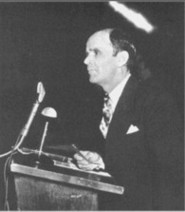 Pillar of Fire |
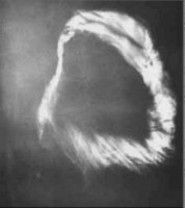 Supernatural Cloud |
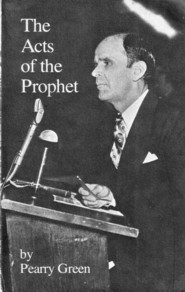 Acts of the Prophet. (PDFs) |
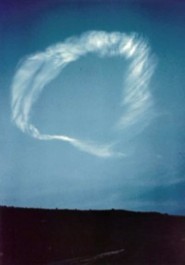
Chapter 11 - The Cloud. (PDF English) |
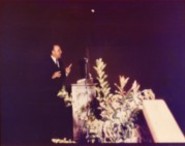 Before... |
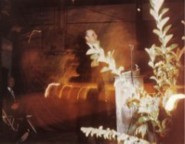 After... |

Message Hub...Choose your Language and download Free Messages from Brother Branham




